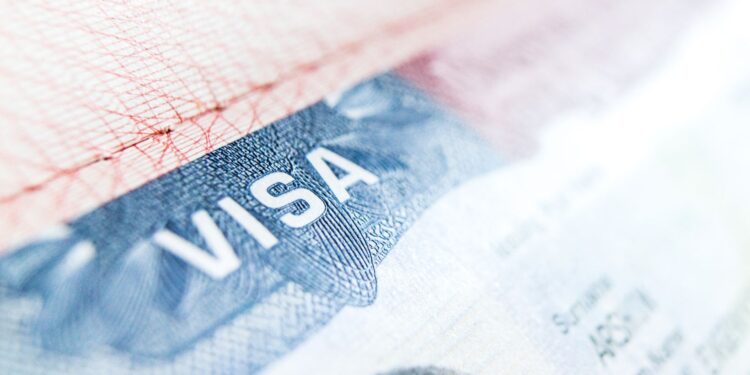Getting a U.S. visa can be a complex process for individuals from different countries, and Brazil is no exception. As a Brazilian, I understand the challenges and uncertainties that come with applying for a U.S. visa. In this article, I’ll provide you with straight facts about how hard it can be for Brazilians to obtain a U.S. visa.
Firstly, it’s important to note that the difficulty of obtaining a U.S. visa varies depending on the type of visa sought. For tourist visas (B1/B2), which are commonly used by Brazilians for leisure or business purposes, there are certain requirements that applicants must meet. These include demonstrating strong ties to Brazil, such as stable employment, property ownership, or close family connections.
The applicant must prove their intention to return to Brazil after their temporary stay in the United States. This can sometimes be challenging since consular officers may have concerns about potential immigration intent or overstaying in the country.
How Hard Is It for a Brazilian to Get a U.S. Visa
Different Types of U.S. Visas for Brazilians
When it comes to obtaining a U.S. visa, it’s crucial for Brazilians to understand the various options available. The United States offers different types of visas depending on the purpose of your visit, whether it be for tourism, business, study, or employment. Here are some common types of U.S. visas that Brazilians can consider:
- B-1/B-2 Visa: This is a non-immigrant visa that allows individuals to visit the U.S. temporarily for business (B-1) or pleasure/tourism (B-2). It is typically granted for a duration of up to six months.
- F-1 Visa: This visa is specifically designed for students pursuing academic studies or language training programs in the United States.
- H1-B Visa: The H1-B visa is an employment-based visa that allows skilled professionals from other countries to work in the United States temporarily.
- J-1 Visa: The J-1 visa is commonly used by participants in exchange visitor programs, including students, trainees, and researchers.
- L-1 Visa: This type of visa enables multinational companies to transfer employees from their foreign offices to their U.S.-based branches.
- O-1 Visa: The O-1 visa is reserved for individuals with extraordinary abilities in fields such as science, arts, education, athletics, or business.
Requirements for a Brazilian to Obtain a U.S. Visa
Securing a U.S. visa requires meeting specific requirements set by the U.S. Department of State and providing relevant documentation during the application process:
✓ Valid passport ✓ Completed DS-160 form ✓ Payment of application fee ✓ Interview appointment confirmation ✓ Proof of ties to Brazil and intention to return after visiting the U.S. ✓ Supporting documents based on the visa category (such as financial statements, educational qualifications, or employment details)
It’s important to note that each visa type has its own set of requirements and documentation. It’s advisable to consult the official website of the U.S. Embassy in Brazil for detailed information regarding specific visas.

Common Challenges Faced by Brazilians in Obtaining a U.S. Visa
Financial Challenges in Obtaining a U.S. Visa
One of the common challenges faced by Brazilians when applying for a U.S. visa is the financial aspect. The costs associated with the visa application process, including fees for interviews, documentation, and travel expenses, can be quite burdensome for many individuals. Furthermore, demonstrating sufficient financial stability to support their stay in the United States may pose an additional hurdle.
Apply for a visitor visa (B1/B2), applicants need to prove that they have enough funds to cover their travel expenses without resorting to illegal work or overstaying their permitted duration of stay. This requirement can be particularly challenging if an applicant does not have significant savings or assets.
Language Barriers and Communication Issues
Language barriers can also present difficulties for Brazilians seeking a U.S. visa. While English proficiency is not an official requirement, it plays a crucial role during the interview process and in understanding the necessary documentation.
In conclusion, Brazilians face common challenges when seeking a U.S. visa, including financial limitations, language barriers, and the complexity of legal requirements. By taking proactive steps such as ensuring sufficient funds, improving English proficiency, and staying updated with current regulations, individuals can enhance their chances of successfully obtaining a U.S. visa.














